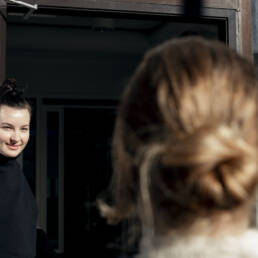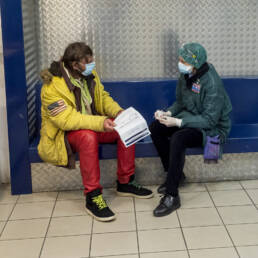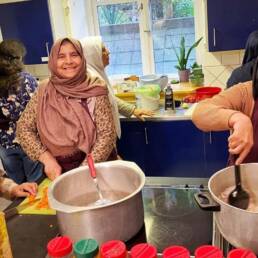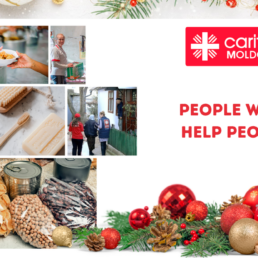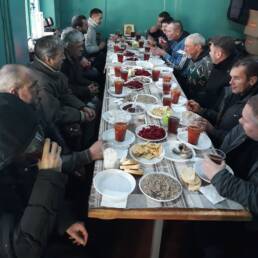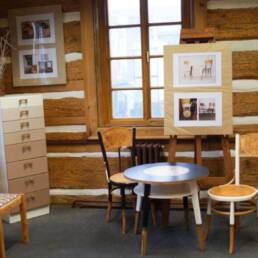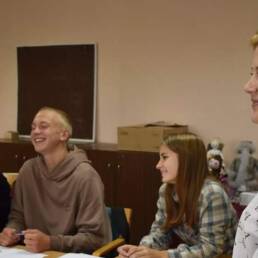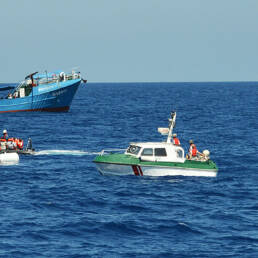Author
Lorela Marku
Project Manager
Caritas Albania
Caritas Albania discovers new practices during a study visit to Denmark
As a child, I couldn’t understand what living in refugee camps meant, but I could sense the trauma of my parents. A family from Denmark heard about our case and decided to travel to Turkey and bring us with them here. I remember that I had never seen a blond, blue eyed person before and when I saw one for the first time in Denmark, I told my mum that she looks just like a Barbie doll”.
A young former refugee from Iran
She says that she loved school and that education was a massive support for her. She was filled with gratitude towards Denmark and God, but this gratitude also comes with sorrow and trauma. This reminded me that integration is a long and sometimes difficult process, and the responsibility for facilitating this process lies with policymakers, local institutions, as well as with Caritas and the refugees themselves.
The study visit, organised by Caritas Europa in Copenhagen, Denmark from 29 November – 1 December 2021, achieved its goal of enabling learning exchanges among Caritas members from Albania, Belgium, Bulgaria, Denmark, Greece, Lithuania, Norway, Slovakia, and Sweden on the topic of migrant inclusion/integration. During the study visit, there were shared details about promising integration practices, commonly implemented at national level, and we were able to compare approaches and methods used in different countries.

During the study visit, we also had the chance to visit in the field one of Caritas Denmark’s Community Centres and its new health clinic that just opened in September, which I found very interesting. It clearly showed the commitment of Caritas to give equal opportunities to all to enjoy their rights and participate in community and social life, regardless of their background. We also had the possibility to learn more about the national context in Denmark, including details about the inclusion and integration process and how national policies are not always in accordance with the.
The testimonies of local migrants and refugees who shared with us their own integration experiences and all the challenges they faced were very interesting. This part was very well combined with presentations from each of the national Caritas members on the integration challenges facing migrants and refugees in each of the participants’ different national contexts, which were presented in a subsequent session.
Representing Caritas Albania in this study visit, where the majority of the other colleagues were representing EU countries, made me realise that while other Caritas were implementing projects on integration and sustainable development for migrants and refugees, Albania is still in the preparation phase. Nevertheless, much can be learned from collaborating with the Caritas members organisations in the EU Member States, as they will be monitoring the Action Plan on Integration and inclusion. Together, we will all have the possibility to advocate at EU (through Caritas Europa) and at national level (through the members), which should be a useful and powerful tool for identifying integration challenges and promoting Caritas’ promising practices.

Healthcare, housing, education and employment were topics on which almost every member found some difficulties when it comes to the integration of migrants and refugees, while Albania is generally considered a transit country for people coming mostly from refugee-producing countries. The general approach of EU countries toward migrants and refugees is very different compared to the Balkan countries, mostly due to economic and social poverty, but also because we continue to be perceived as a country of origin for the EU. This visit helped me see new models and practices which, coordinated with EU policies, aim at all stages of the integration process, early action and long-term investment. Participating in Caritas Europa’s Community of Practice on Integration and Inclusion gave me a new perspective and was a very interesting and inspiring experience. I look forward to further opportunities to meet with other members and exchange on this important policy and practical field.



